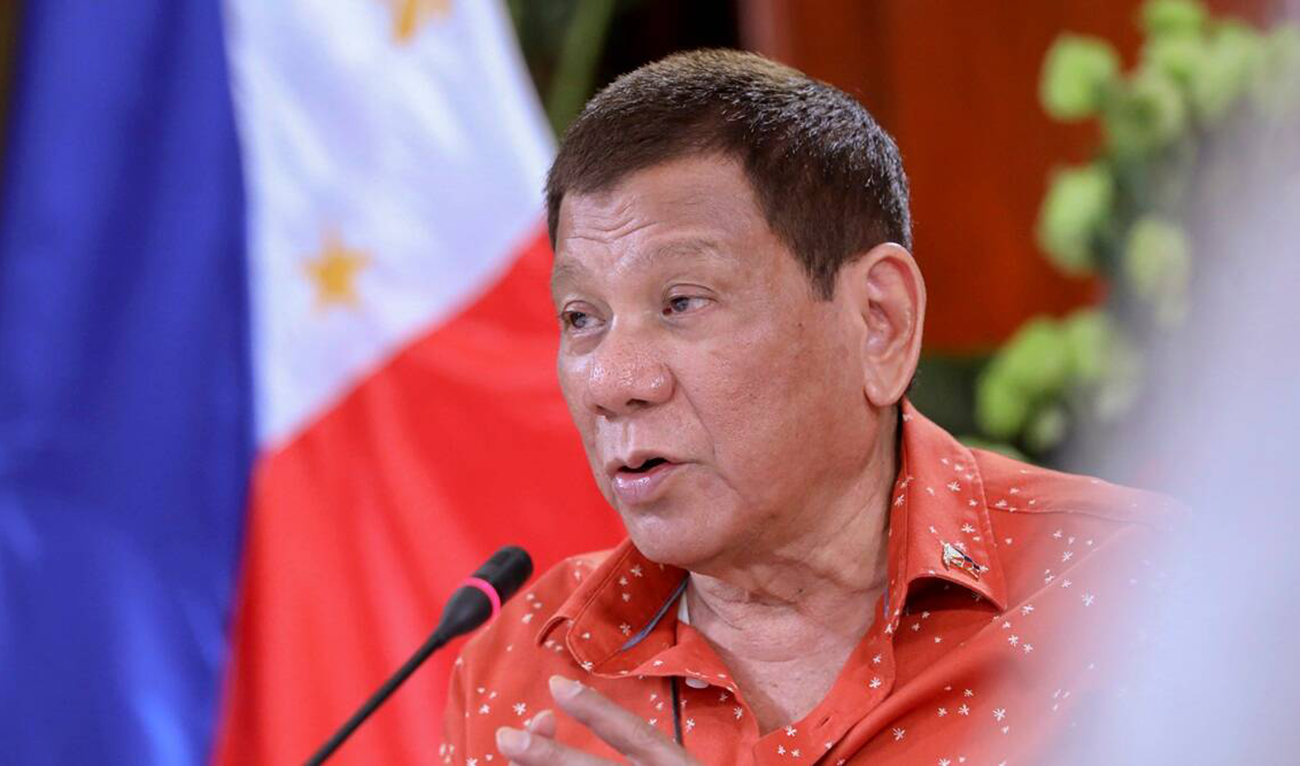
MANILA: Philippines President Rodrigo Duterte’s threat to end a key military agreement if the US fails to deliver millions of COVID-19 vaccines is “an exercise of his independent foreign policy,” a presidential spokesperson said.
Harry Roque said on Monday that the president’s “no vaccines, no Visiting Forces Agreement (VFA)” remark at the weekend was not an attempt to “blackmail” the Philippines’ long-time ally.
Sen. Panfilo Lacson earlier criticized Duterte for issuing the warning.
In a televised meeting with the Inter-Agency Task Force for the Management of Emerging Infectious Diseases (IATF-MEID) on Saturday, Duterte threatened once again to end the military pact if the US fails to provide the vaccine to the Philippines.
“The VFA is nearing its end. If they fail to deliver even a minimum of 20 million vaccines, they better get out. No vaccine, no stay here,” said Duterte.
The Philippines notified the US of its decision to terminate the agreement early this year, but Duterte decided in June to suspend the abrogation “in light of political developments in the region.” The suspension is due to end this year, but could be extended for another six months to allow both sides “to find a more enhanced, mutually beneficial, mutually agreeable, and more effective and lasting arrangement on how to move forward in its mutual defense.”
However, the fate of the VFA now appears to depend on the delivery of vaccines.
“If you want to help, if America wants to help, you deliver. Stop talking. What we need is the vaccine, not your verbose speeches,” said Duterte.
Lacson said that “treating the Americans like a bunch of yokels might have sealed the Philippines’ fate,” and forced the country to settle for China’s Sinovac instead of the US Pfizer-BioNTech and Moderna vaccines.
“There must be a more diplomatic or at least a better way of asking a longtime ally to help us with vaccines for our people without sounding like we are blackmailing them,” Lacson said on Monday.
“We had a good chance to procure vaccines early from the US, but someone from our side dropped the ball and has yet to be held accountable,” he added.
Duterte’s Health Secretary Francisco Duque III has been heavily criticized for allegedly failing to submit the confidentiality disclosure agreement for the purchase of the Pfizer vaccines. As a result the Philippines missed the chance to secure 10 million doses of Pfizer vaccines by January.
Responding to Lacson’s claims, Roque said that the president is still “the architect of the country’s foreign policy” and cannot be stopped from making such a decision.
“There is nothing wrong with what the president said. It’s not blackmail. What the president is trying to convey is that we are friends so we should be helping each other,” he said.
Although the Philippines is yet to approve the use of any coronavirus vaccine, some military personnel and several of Duterte’s Cabinet officials have already been inoculated against the illness, it was confirmed on Monday.
The revelation has raised concerns over safety and legality, but Roque defended the move, saying it was “voluntary.”
Duterte disclosed during a televised meeting with his Cabinet on Saturday that “many people” in the country have already been given a vaccine developed by China’s Sinopharm, although the Philippines Food and Drug Administration (FDA) has yet to approve its use.
In the same meeting, Duterte also asked FDA Director-General Eric Domingo if it is possible for him to be “vaccinated again when Pfizer vaccine arrives,” raising questions whether the president had also received the Chinese vaccine.
In a press briefing on Monday, Roque would neither confirm nor deny if the president had received an anti-COVID-19 shot, calling the question “speculative.”
However, he confirmed that several soldiers have been given the Sinopharm vaccine.
Roque defended the move and urged the public to “just accept that some government troops have been vaccinated.
He said that it is important to ensure that “those who are guarding our security are safe from coronavirus.”
Vaccination was voluntary on the part of the soldiers, he added.
He also defended the use of the Sinopharm vaccine, describing it as “the most widely used vaccine so far,” with over a million people in China and some Arab nations already inoculated using the same vaccine.
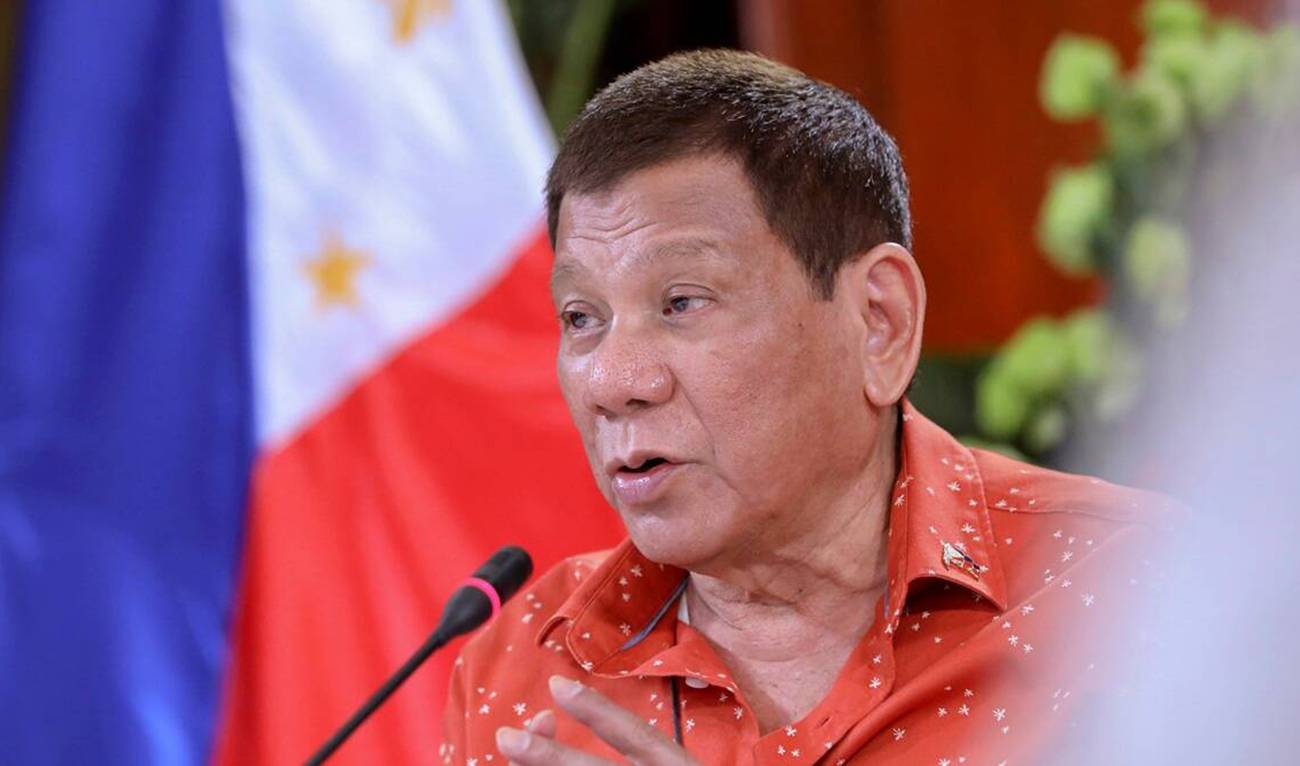
Philippine president Duterte extends coronavirus calamity status by a yearPfizer to complete supply of COVID-19 vaccines to EU by September
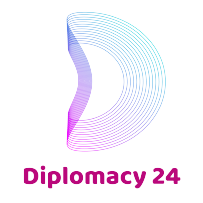
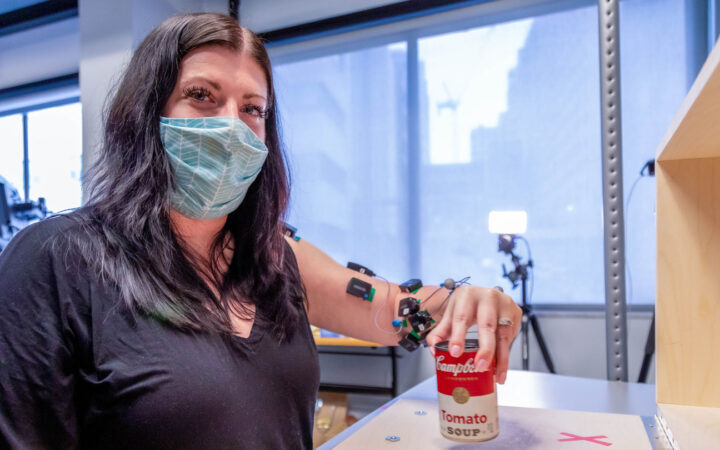 A new treatment could restore some mobility in people paralyzed by strokes
A new treatment could restore some mobility in people paralyzed by strokes  What has Perseverance found in two years on Mars?
What has Perseverance found in two years on Mars? 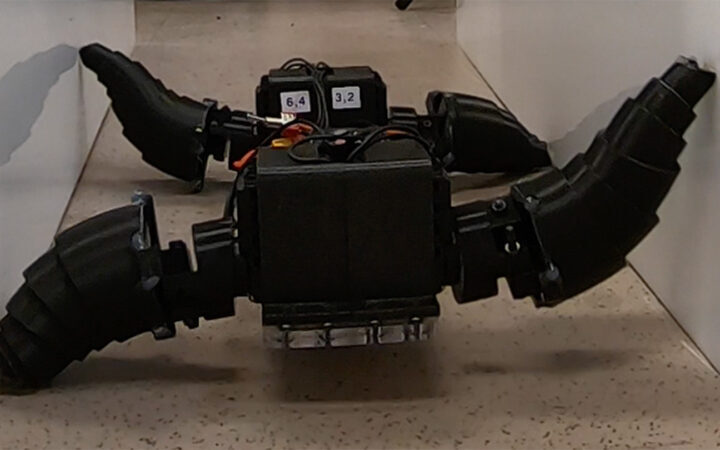 This robot automatically tucks its limbs to squeeze through spaces
This robot automatically tucks its limbs to squeeze through spaces 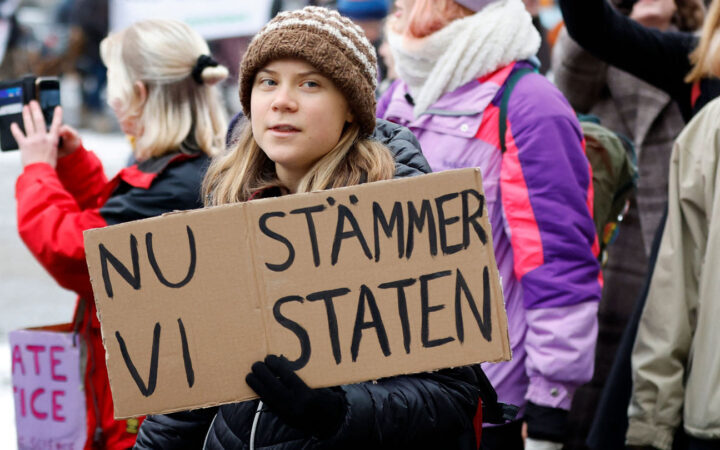 Greta Thunberg’s new book urges the world to take climate action now
Greta Thunberg’s new book urges the world to take climate action now 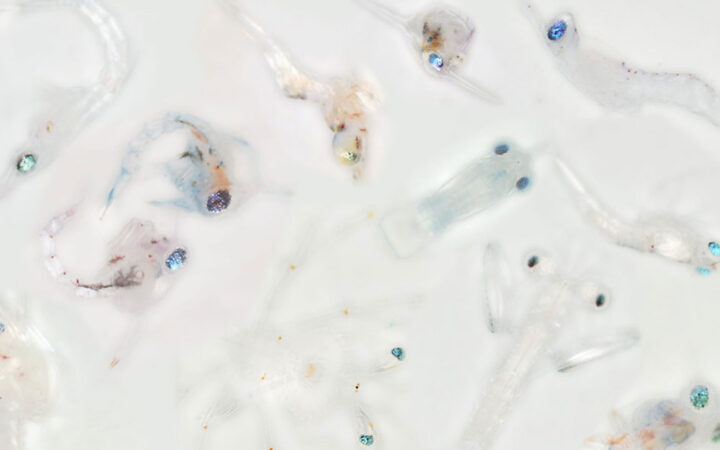 Glassy eyes may help young crustaceans hide from predators in plain sight
Glassy eyes may help young crustaceans hide from predators in plain sight 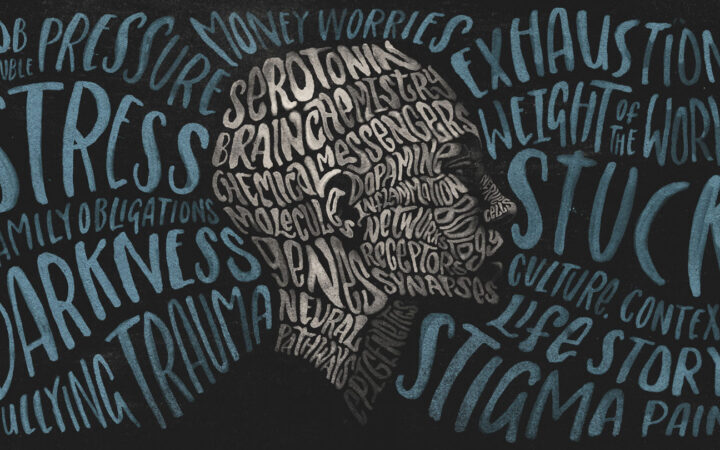 A chemical imbalance doesn’t explain depression. So what does?
A chemical imbalance doesn’t explain depression. So what does?